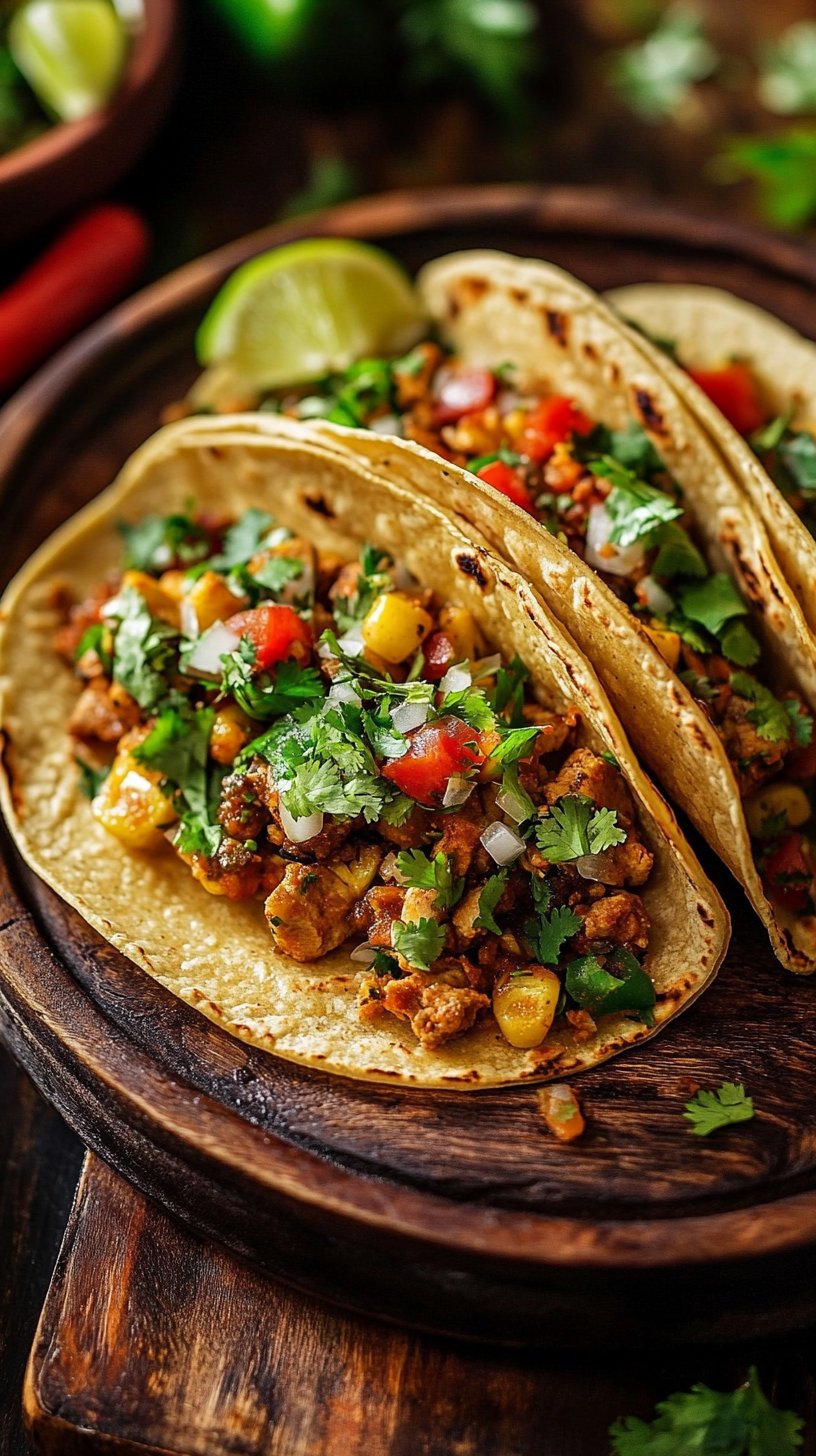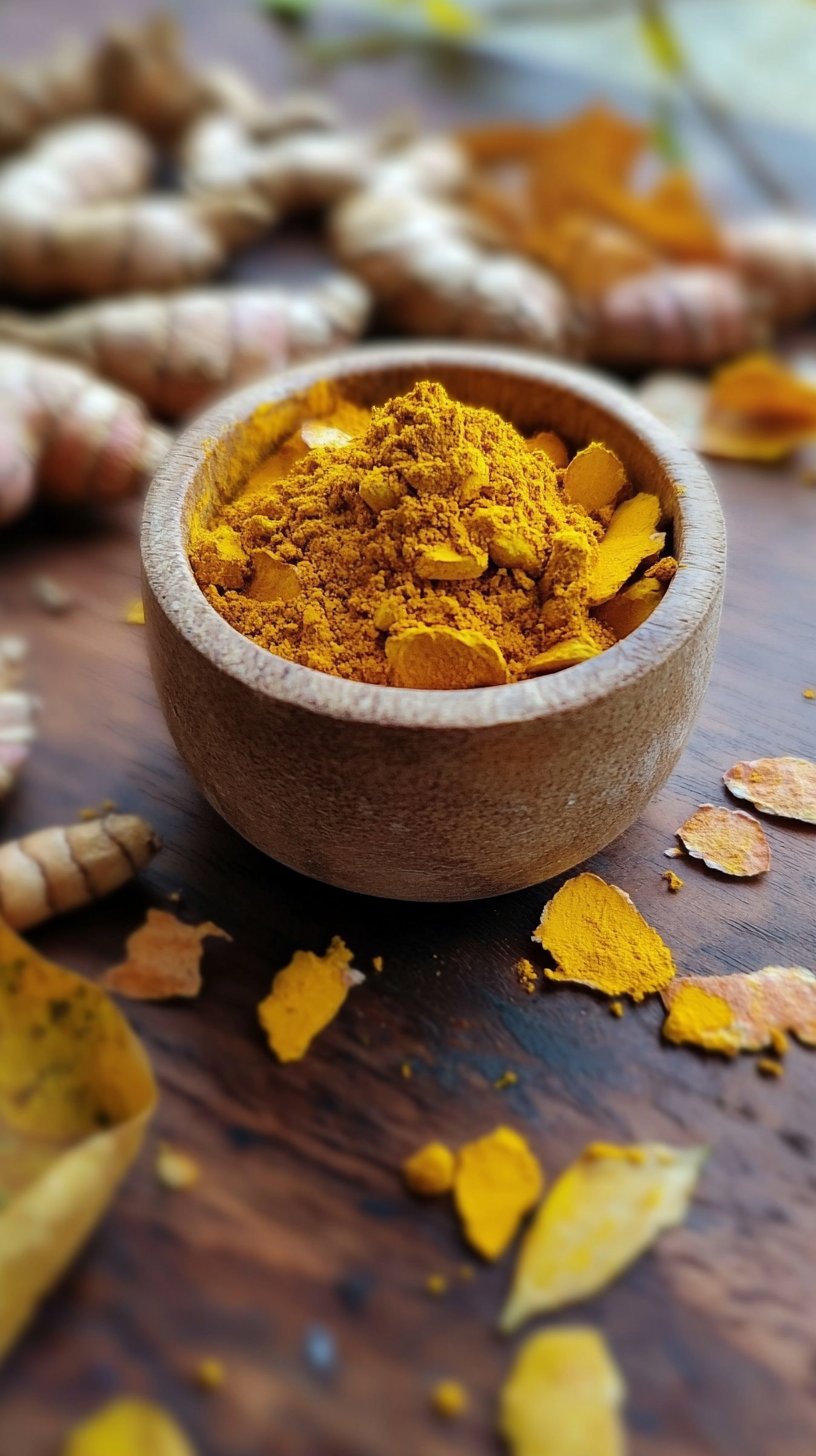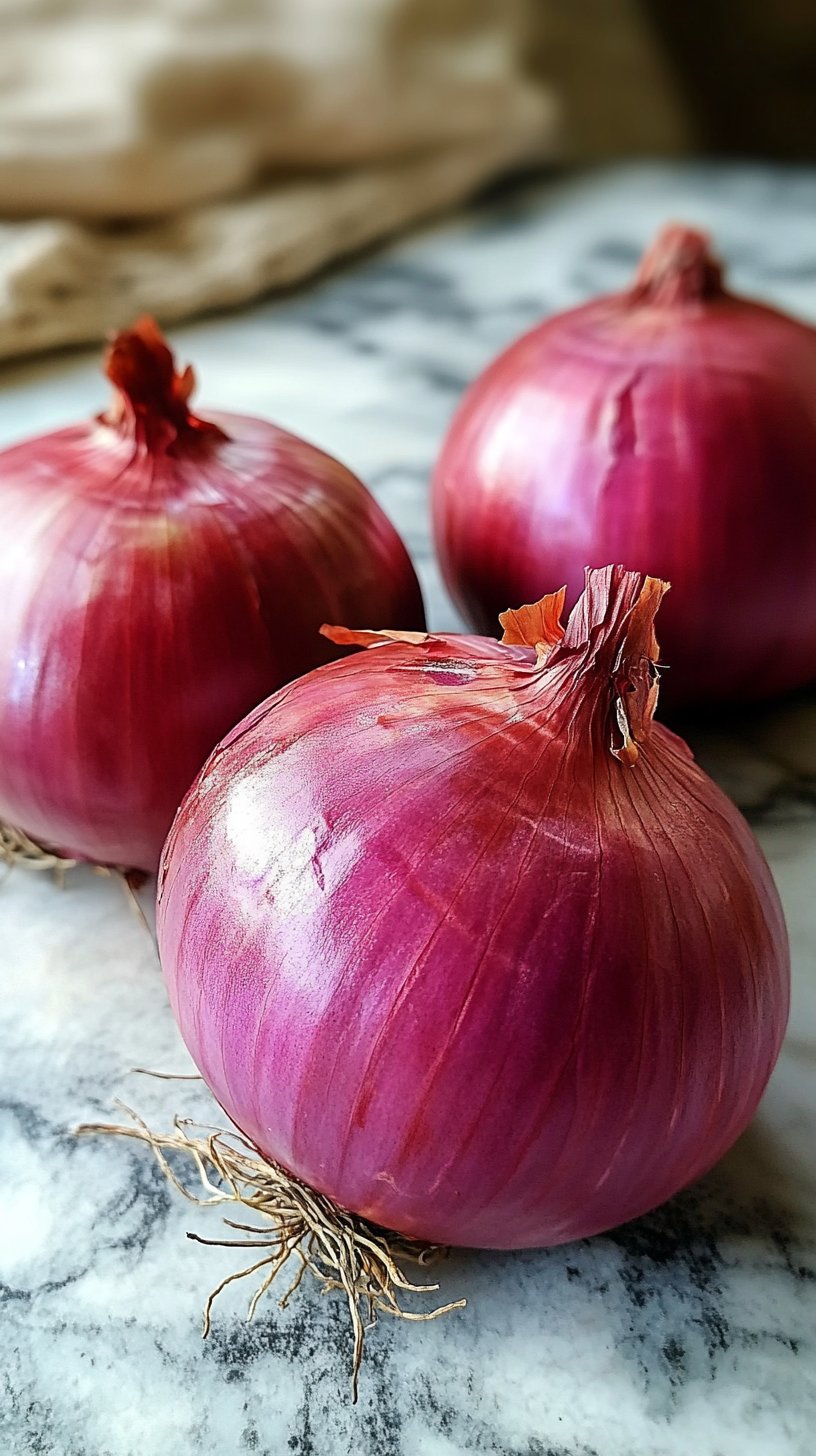In recent years, many people have been asking the important question: Is vegan protein powder good for you? As more individuals switch to plant-based diets, this alternative protein source has become a popular supplement for those seeking to maintain a healthy and sustainable lifestyle. But before making the switch, it’s essential to understand the benefits and potential drawbacks.
Nutritional Content of Vegan Protein Powder
To answer the question “Is vegan protein powder good for you?” we must first explore its nutritional content. Vegan protein powders come from various plant sources such as pea, hemp, soy, and brown rice. These sources are rich in protein, but they differ from animal-based proteins in several key ways. For example, some vegan proteins may lack certain essential amino acids, but this issue can be solved by using a blend of different plant proteins.
Health Benefits of Vegan Protein Powder
Many fitness enthusiasts and health-conscious individuals want to know, “Is vegan protein powder good for you?” The answer lies in the numerous health benefits it offers. Vegan protein powders are not only easier to digest than their animal-based counterparts, but they also provide additional nutrients like fiber and healthy fats. This makes them an excellent option for those looking to improve their digestion, build muscle, or support overall health.
Comparing Vegan Protein Powders to Animal-Based Options
When considering Is vegan protein powder good for you, it’s important to compare it to animal-based protein powders. Vegan protein powders tend to have fewer allergens, no lactose, and a significantly lower environmental impact, making them a more sustainable choice.
Potential Drawbacks of Vegan Protein Powder
Despite its benefits, people often wonder, Is vegan protein powder good for you, or are there potential drawbacks? One possible concern is that some vegan proteins are incomplete, meaning they lack certain amino acids. However, this can be easily addressed by choosing a high-quality protein blend.
The History and Rise of Protein Powders
Protein powders have a long history in the fitness world. Initially, they were popular among bodybuilders and athletes, primarily in the form of whey protein, a byproduct of cheese production. However, as concerns about animal welfare, environmental sustainability, and lactose intolerance have increased, so too has the demand for plant-based alternatives.
The development of vegan protein powder began with soy protein, which is one of the earliest forms of plant-based protein supplements. Today, many different types of plant proteins are available, including pea, hemp, and brown rice protein, offering consumers a wide variety of options. The rise of veganism and flexitarian diets has further accelerated the demand for these products.
Nutritional Content of Vegan Protein Powder
What Makes Vegan Protein Powders Nutritionally Unique?
Vegan protein powders are made from plant sources such as peas, hemp, soy, and rice. These plant-based sources are packed with protein, but the nutritional content can vary depending on the type of plant used.
- Pea Protein: Extracted from yellow split peas, pea protein is rich in essential amino acids, though it is lower in methionine. It’s an excellent option for those who are allergic to soy or whey.
- Hemp Protein: Derived from hemp seeds, hemp protein is a great source of omega-3 fatty acids and fiber, making it highly beneficial for digestion and heart health.
- Soy Protein: One of the first widely available plant-based protein powders, soy protein is a complete protein, meaning it contains all nine essential amino acids.
- Rice Protein: Brown rice protein is hypoallergenic and easier to digest for many, but it lacks sufficient amounts of lysine, making it an incomplete protein.
A well-balanced vegan protein powder usually contains around 20-30g of protein per serving, along with essential vitamins and minerals like iron, calcium, and vitamin B12, depending on the product.
Protein, Amino Acids, and Macronutrients
The main component of protein powders is, unsurprisingly, protein. However, not all proteins are created equal. Animal-based proteins like whey are considered “complete” proteins, meaning they contain all the essential amino acids your body cannot produce on its own. Some vegan proteins, such as soy, are also complete, while others, like rice protein, need to be paired with complementary proteins (like pea protein) to provide a complete amino acid profile.
Other key nutrients in vegan protein powders include:
- Fiber: Many plant-based proteins contain fiber, which aids digestion and promotes gut health.
- Healthy Fats: Hemp protein, for instance, provides omega-3 fatty acids, which are beneficial for heart and brain health.
- Low Sugar: Most vegan protein powders are naturally lower in sugar compared to flavored whey proteins, making them a healthier option for those looking to control their blood sugar levels.
Compared to whey protein, vegan protein powders also contain fewer allergens and are free from lactose, making them suitable for individuals with dairy sensitivities. Furthermore, they have a much lower environmental impact, as producing plant-based proteins requires significantly less water and resources than animal-based proteins【9†source】.
Health Benefits of Vegan Protein Powder
Vegan protein powders are not only a great source of plant-based nutrition, but they also offer numerous health benefits. Below are some of the key advantages:
1. Easier on Digestion
Many people who consume traditional whey or casein protein powders experience digestive issues such as bloating, gas, or discomfort due to lactose intolerance or sensitivities. In contrast, vegan protein powders, particularly those made from peas and rice, are much easier to digest. The lack of lactose and other animal byproducts makes these powders a good choice for individuals with sensitive stomachs.
Moreover, many vegan protein powders contain natural fiber, which helps with digestion and promotes regular bowel movements. Hemp protein, for instance, is particularly high in fiber and aids in maintaining a healthy gut.
2. Rich in Essential Nutrients
Vegan protein powders not only provide protein, but they are also often fortified with additional vitamins and minerals. For example, many contain added vitamin B12, a nutrient that is typically lacking in a plant-based diet. B12 is essential for red blood cell formation, DNA production, and nervous system function.
Other nutrients commonly found in vegan protein powders include:
- Iron: Supports oxygen transport in the blood and helps combat fatigue.
- Calcium: Essential for strong bones and teeth, and also supports nerve and muscle function.
- Vitamin D: Often added to support bone health, as plant-based diets can sometimes be low in this important vitamin.
The presence of these essential nutrients makes vegan protein powder an excellent supplement, especially for those who follow a strict plant-based diet.
3. Muscle Building and Recovery
Despite the myth that plant-based proteins are inferior to animal-based ones, vegan protein powders are just as effective at supporting muscle growth and recovery. This is especially true when consuming blends that offer a complete amino acid profile (such as a combination of pea and rice proteins). These powders can be used post-workout to repair muscle fibers and enhance recovery times.
A growing number of athletes are turning to vegan protein due to its benefits for muscle recovery without the added digestive issues that often accompany animal-based supplements. Additionally, vegan protein options like soy and pea have been shown to stimulate muscle protein synthesis similarly to whey【9†source】.
4. Weight Management
For those looking to manage their weight, vegan protein powders offer an excellent tool. Many plant-based protein powders are lower in calories and fat compared to animal-based options. They also contain fiber, which helps promote feelings of fullness, reducing the likelihood of overeating.
Moreover, because vegan proteins are free from sugar-laden artificial flavorings (common in some whey powders), they are a healthier option for those trying to reduce their overall sugar intake.
Potential Drawbacks of Vegan Protein Powder
As with any supplement, there are potential downsides to using vegan protein powders. While they offer numerous benefits, it’s important to be aware of the following:
1. Incomplete Amino Acid Profiles
Unlike whey protein, which contains all nine essential amino acids, some vegan protein powders—especially those made from single sources like rice or hemp—are considered “incomplete” because they lack one or more of these amino acids. However, this issue can be mitigated by choosing a protein blend (such as pea and rice protein) to create a complete protein profile.
It’s essential to understand which amino acids are present in your supplement and to balance your diet accordingly if you are relying on vegan protein powder as your primary protein source.
2. Lower Protein Absorption
While plant-based proteins can be highly effective, they tend to be slightly less bioavailable than animal-based proteins. This means your body may not absorb and utilize the protein as efficiently. To overcome this, vegan protein powders are often formulated to enhance digestibility and absorption. For instance, the inclusion of enzymes can help break down the proteins and increase the bioavailability of amino acids.
3. Additives and Fillers
Not all vegan protein powders are created equal. Some lower-quality products contain additives, artificial sweeteners, and fillers, which can cause digestive discomfort or diminish the health benefits of the powder. Always check the ingredient list and opt for products with natural ingredients and no unnecessary additives.
4. Allergies and Sensitivities
Some vegan protein powders are derived from soy, which is a common allergen. Additionally, while hemp and pea protein are generally well-tolerated, some individuals may still experience mild allergic reactions or digestive discomfort when consuming large amounts of plant-based protein.
Comparing Vegan Protein Powders to Animal-Based Options
Complete vs. Incomplete Proteins
As mentioned earlier, animal-based proteins like whey are “complete” proteins, meaning they contain all the essential amino acids in the necessary amounts. However, many vegan protein powders combine different sources to achieve the same effect. For example, blending pea protein with brown rice protein creates a complete protein that rivals the amino acid profile of whey.
Bioavailability
Animal proteins are often more bioavailable, meaning your body absorbs and uses them more efficiently. However, advances in food technology have allowed manufacturers to improve the bioavailability of vegan protein powders through the use of natural enzymes and by optimizing the production process.
Studies have shown that, when consumed as part of a balanced diet, vegan protein can be just as effective for building muscle and supporting overall health as whey protein【9†source】.
Environmental Impact
One of the most significant advantages of vegan protein powders is their lower environmental impact compared to animal-based options. Producing plant-based proteins uses far fewer resources, including water and land, and generates significantly fewer greenhouse gases.
The environmental benefits of plant-based proteins make them a popular choice among individuals who are conscious of their ecological footprint. This makes vegan protein a more sustainable option for long-term use.
How to Choose the Best Vegan Protein Powder
Choosing the right vegan protein powder can be a daunting task, given the number of options available on the market. Here’s what to look for:
- Protein Content: Look for powders that provide at least 20g of protein per serving. Some may even offer up to 30g, which is ideal for athletes or individuals looking to increase their protein intake.
- Amino Acid Profile: Ensure that the protein powder contains a complete amino acid profile, especially if you are using it as your primary source of protein. Blends like pea and rice protein work well for this purpose.
- Ingredient Quality: Choose a product that is free from artificial sweeteners, preservatives, and fillers. Opt for natural ingredients and certified organic or non-GMO products where possible.
- Allergens: Check the label for allergens, especially if you have sensitivities to soy or other common ingredients in vegan protein powders.
- Certifications: Look for products that are third-party tested for quality and purity. Certifications like USDA Organic, Non-GMO Project Verified, and NSF Certified for Sport indicate a higher-quality product.
FAQs
Is Vegan Protein Powder a Complete Protein?
Some vegan proteins are complete, meaning they contain all nine essential amino acids. Soy protein, for example, is a complete protein, while other plant-based options, like rice protein, are not. However, by combining different protein sources—such as pea and rice—you can create a complete amino acid profile.
Can I Build Muscle with Vegan Protein Powder?
Yes, you can absolutely build muscle with vegan protein powder. Studies show that plant-based proteins like pea and soy protein are just as effective as whey for supporting muscle growth and recovery when consumed in adequate amounts. The key is to ensure you’re getting a complete protein profile and consuming enough total protein to meet your body’s needs.
Is Vegan Protein Powder Better for Digestion?
Many people find that vegan protein powders are easier to digest than animal-based proteins. This is especially true for individuals who are lactose intolerant or have dairy sensitivities. Plant-based proteins like pea and hemp are known for their digestibility, and the fiber content in many vegan proteins can also promote healthy digestion.
What Are the Potential Side Effects of Vegan Protein Powder?
While most people tolerate vegan protein powders well, some may experience digestive discomfort, bloating, or gas—particularly if the product contains soy or other common allergens. It’s important to choose a high-quality protein powder with minimal additives to reduce the likelihood of these side effects.
How Much Vegan Protein Powder Should I Consume Per Day?
The amount of vegan protein powder you should consume depends on your individual protein needs, which are influenced by factors like age, gender, activity level, and fitness goals. As a general guideline, aim to consume 1.6-2.2g of protein per kilogram of body weight per day if you are trying to build muscle. For general health and maintenance, 0.8-1.2g per kilogram of body weight is usually sufficient.
Are There Environmental Benefits to Vegan Protein Powder?
Yes, vegan protein powders have a significantly lower environmental impact compared to animal-based proteins. Producing plant-based proteins requires less water, land, and energy, and generates fewer greenhouse gas emissions. By choosing vegan protein, you’re making a more sustainable choice for both your health and the environment.
Conclusion
Vegan protein powder is an excellent option for those looking to supplement their protein intake while adhering to a plant-based diet. It offers numerous health benefits, including improved digestion, muscle recovery, and better heart health, all while being more sustainable and environmentally friendly than animal-based protein powders. Whether you’re an athlete, a fitness enthusiast, or simply someone looking to lead a healthier lifestyle, vegan protein powder can be a valuable addition to your diet.
By understanding the nutritional content, health benefits, and potential drawbacks of vegan protein powders, you can make an informed choice that best suits your dietary needs and preferences.






